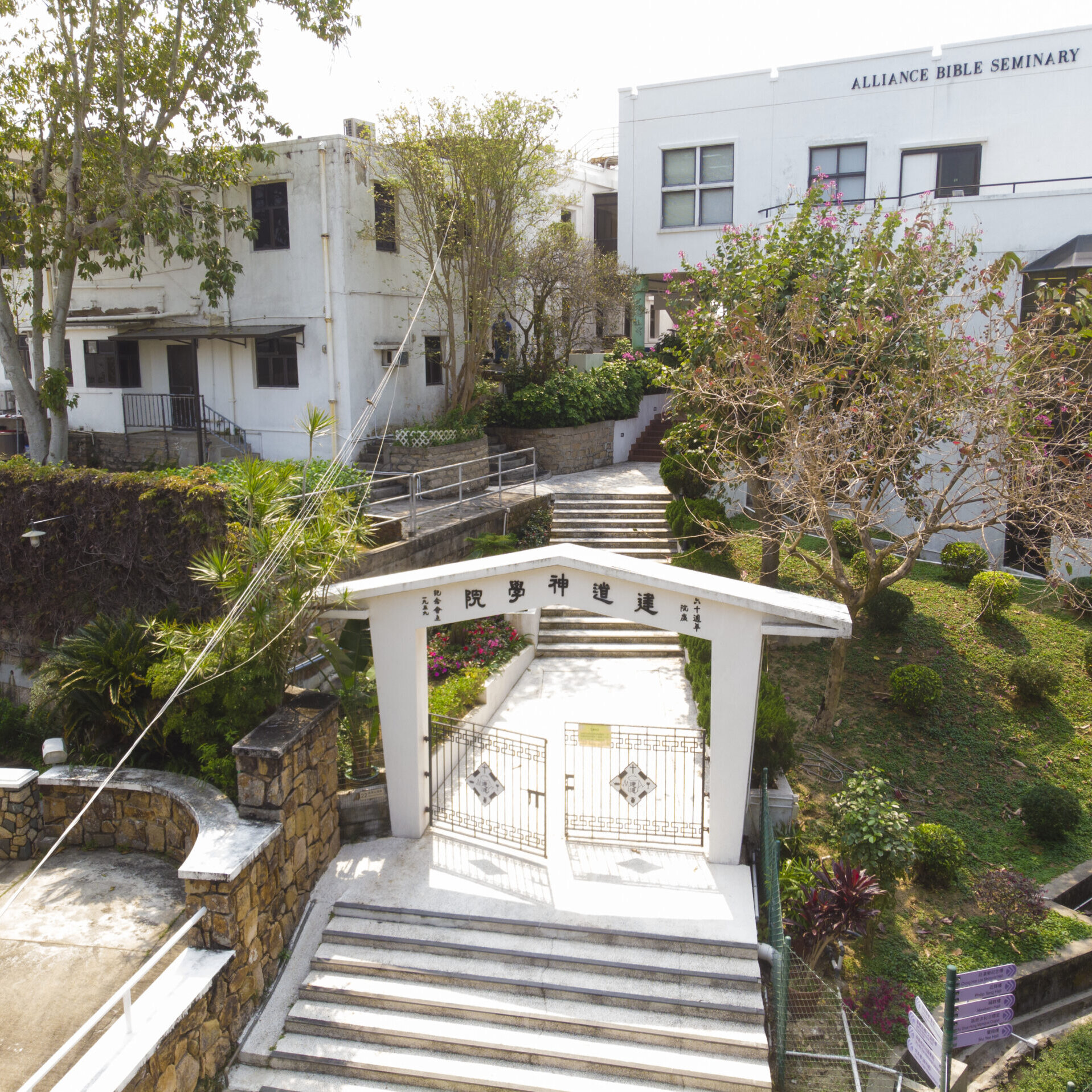Testability Of Intelligent Design Argument In The Perspective Of Quantitvtive Methodology(由定量方法看智慧設計論證的可驗證性)/余創豪
撮要
著名生物學哲學家索伯(Eliott Sober)主張,雖然有些創造論者的假說可以被驗證,但是有關智慧設計論證(ntelligcnt design argument) 的輔助性假設卻無法被衡量。索伯認為,由創造論的目前處境和進度來判斷,到底創造論能否被當為嚴膚的科學研究計劃, 實在是一個疑間:再者,基於費沙可能性原则(Fishers likelihood principle),索伯反駁設計假設提議的或然率推論。本文提出,智慧設計假設的驗證程序和或然率推論,是符合定量研究方法準則的,再者,若果評估研究進度,是集中於設計論證如何清晰陳述,那創造論事實上是充滿動力和進展的。本文亦詳細討論索伯的論證。
ABSTRACT
Renowned philosopher of biology Elliott Sober argues that some hypotheses defended by creationists are testable, yet auxiliary assumptions associated with the intelligent design argument cannot be evaluated. Sober states that judging by the current status and the pace of progress of creationism, it is doubtful whether creationism can be treated as a serious scientific research program. Further, based on Fisher’s likelihood principle, Sober argues against the probabilistic inference suggested by the design hypothesis. This paper argues that the testing procedure and the probabilistic inference for the intelligent design hypothesis conform to the standards of quantitative research methodology. Moreover, if the evaluation of research progress is centered on how well the design argument is articulated, creationism indeed is dynamic and progressive. Other arguments given by Sober are also examined.
原載於《建道學刊》20期(2003年7月),頁89-102。
最新文章
【畢業生分享】重新導航──導引一生的神 / 王雅君
2026 年 1 月 1 日
【畢業生分享】屬靈導引的生命體會——與上主同工的旅程 / 黃芳
2026 年 1 月 1 日
【校本部學生分享】重拾與主同行的節奏——依納爵神操旅程反思 / 鄭家恩
2026 年 1 月 1 日
編輯精選
[電子書]困境與抉擇:「建道研究中心30週年誌慶」跨學科研討會論文集/廖炳堂、倪步曉主編
2025 年 1 月 2 日
從梧州到長洲:建道神學院125年的挑戰與恩典 / 陳智衡
2023 年 10 月 1 日
微小教會的見證/高銘謙
2023 年 6 月 1 日







